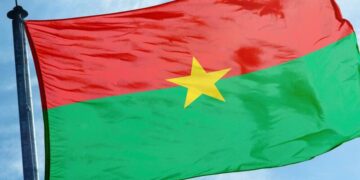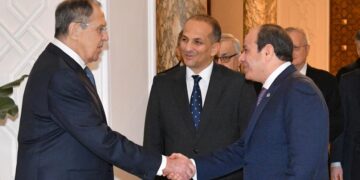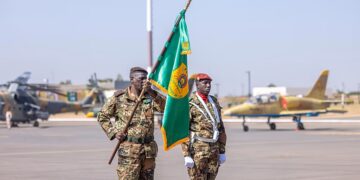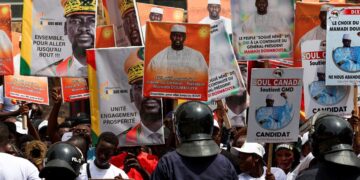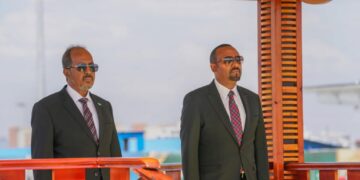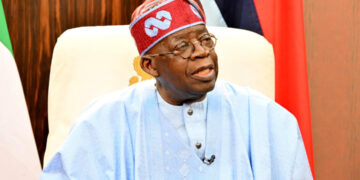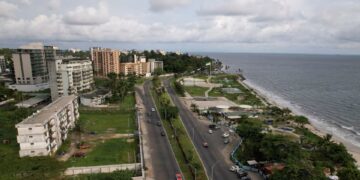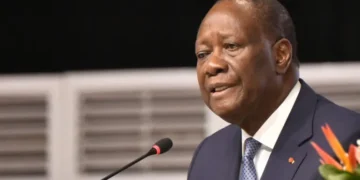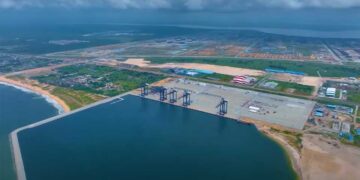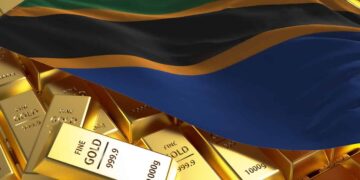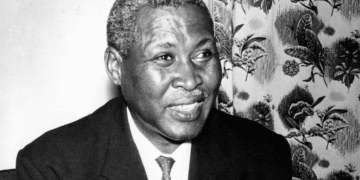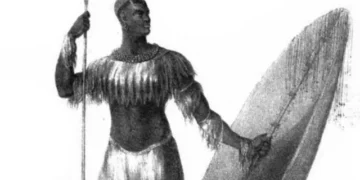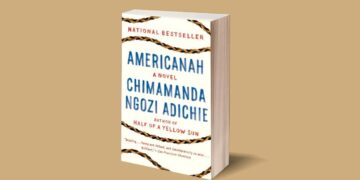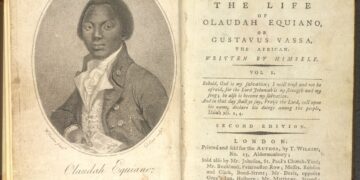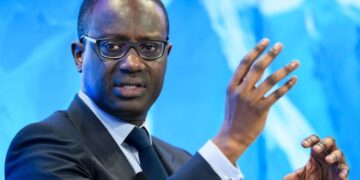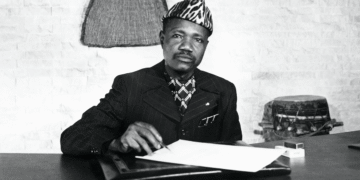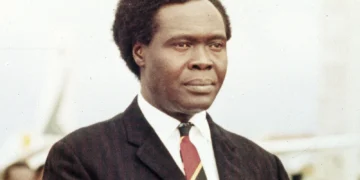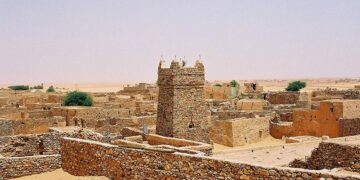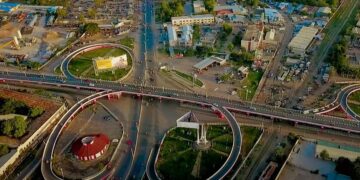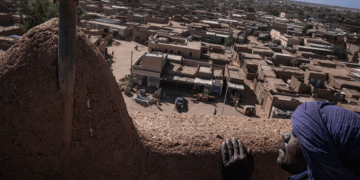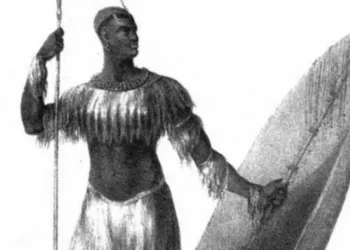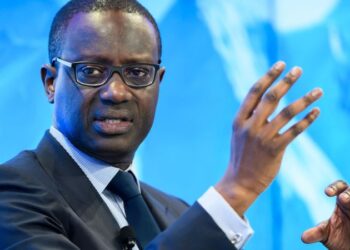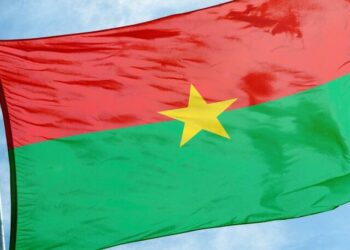George Padmore, born Malcolm Ivan Meredith Nurse, was a prominent figure of the 20th century, profoundly influencing the anti-colonial and African liberation movements. Born on 28 June 1903 at Arouca, Trinidad and Tobago, and died in London in 1959, his life was a combination of political activism, intellectual writing, and committed organizing.
Padmore grew up in a fertile intellectual and political environment in Trinidad, where he received his early education at Queen’s Royal College. At an early age, he traveled to the United States to continue his studies at Fisk University, then New York University, and finally Howard University. During this period, Padmore became deeply involved in communist ideology, finding in it a framework for analyzing racial and colonial injustice.
By the mid-1920s, Padmore was an active member of the American Communist Party. In 1929, he moved to the Soviet Union to become one of the most prominent African voices in the Communist International (Comintern). He was appointed president of the International Black Trade Union Secretariat, an affiliate of the International, whose mission was to mobilize African and African-American workers against colonialism and capitalism.
During his time in Moscow, Padmore wrote extensively on African issues, publishing his book “The Life and Work of the Trade Unions in the World” in 1929. However, Padmore began to grow disillusioned with the Communist International. He felt that the party was placing the interests of the Soviet Union above those of African liberation movements. When Moscow ordered European communist parties to focus on fighting fascism rather than colonialism in Africa, it marked a turning point for Padmore.
In 1934, Padmore finally severed his ties with the Communist International. This break was not merely a personal decision; it was a radical ideological shift. Having previously believed that communism was the best solution to Africa’s problems, he became convinced that the continent’s liberation had to come from within, through an independent African movement.
Padmore settled in London, which at the time was a vital center of anti-colonial activism. He became a coordinator for numerous African movements and activists, contributing to the founding of organizations such as the International African Committee. During this period, Padmore developed his ideas about Pan-Africanism as an independent ideology, free from the influence of Western ideologies such as communism and capitalism.
Padmore’s vision of Pan-Africanism encompassed not only political liberation but also economic, social, and cultural liberation. He believed that eliminating colonialism would be insufficient if it were not replaced by a just social and economic system that benefited the African people.
One of Padmore’s most significant achievements was his pivotal role in organizing the Fifth Pan-African Conference in Manchester in 1945. This conference differed from its predecessors in that it focused on the participation of representatives from trade unions and youth organizations, as well as the intellectual elite.
Prominent figures such as Kwame Nkrumah and Jomo Kenyatta, who would later become leaders of African liberation movements, attended the conference. Padmore served as the mastermind of the conference, formulating its agenda and setting its objectives. The conference issued decisive resolutions calling for the full independence for Africa and rejecting the idea of gradual self-government; mobilization of the masses and emphasizing the importance of popular participation in the struggle; and territorial unity, calling for the unification of independent African states into a federation.
The Manchester Conference is considered a turning point in the history of the African struggle, transforming the Pan-African movement from an intellectual movement to an organized political movement. Padmore was one of the architects of this transformation, providing a practical framework for the struggle for independence.
His Intellectual Contributions and His Relationship with Kwame Nkrumah
Over the course of his life, Padmore wrote numerous books and articles that formed the intellectual foundation of anti-colonialism. His most notable works include “How Britain rules Africa” (1936), “The Gold Coast revolution” (1953), “Africa and world peace” (1937), and “Pan-Africanism or Communism?” (1956),
In these works, Padmore deeply analyzed the mechanisms used by colonialism to maintain its control and presented his vision for African liberation. He emphasized the importance of historical and social awareness as a tool for resisting colonialism.
His relationship with Kwame Nkrumah, the first president of independent Ghana, was close and important. The two met in London, and Padmore became a mentor and advisor to Nkrumah. After Ghana’s independence in 1957, Nkrumah invited Padmore to live in Ghana, where he served as his advisor on African affairs. This period marked the culmination of Padmore’s career, as he saw his ideas realized in the first independent African state.
George Padmore died on 23 September 1959, just a few years before most African countries gained independence. However, his legacy lives on. Padmore was one of the most important voices calling for the complete liberation of Africa and contributed to the formulation of the ideology of Pan-Africanism as a powerful political force.
His role in organizing the Manchester Conference, his intellectual writings, and his relationship with African leaders like Nkrumah made him a central figure in the continent’s history. He was not just a historian or writer, but an organizer, thinker, and driver of change. His legacy include the autonomy of the African struggle stating that the struggle for liberation must be fundamentally African, free from external dictates; Africa’s future lies in the unity of its states and peoples, not only politically, but also economically and socially.
In conclusion, George Padmore is seen as one of the most prominent pioneers of African unity, a staunch campaigner, and a profound thinker who contributed decisively to laying the foundation for the liberation of the African continent. He did not limit himself to criticism, but rather provided a vision and tools for struggle, making him an indispensable figure when studying modern African history.


